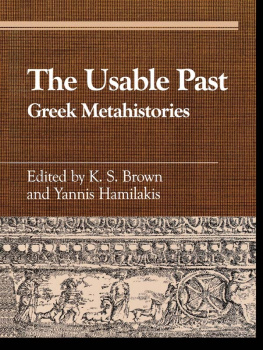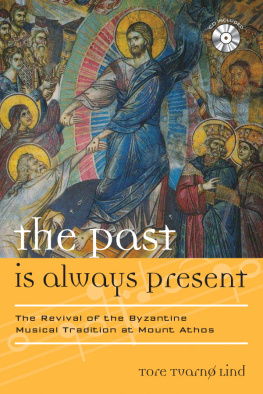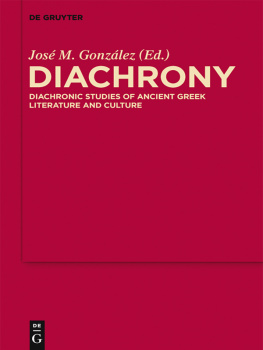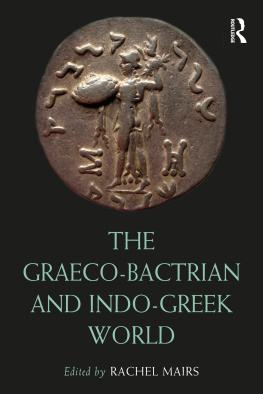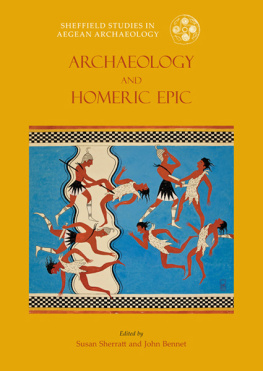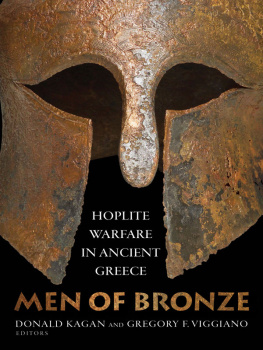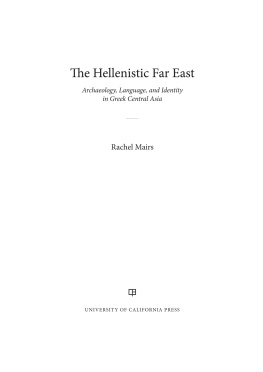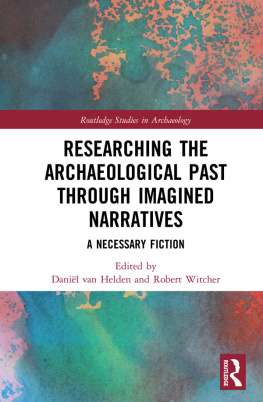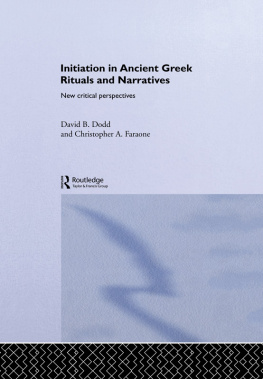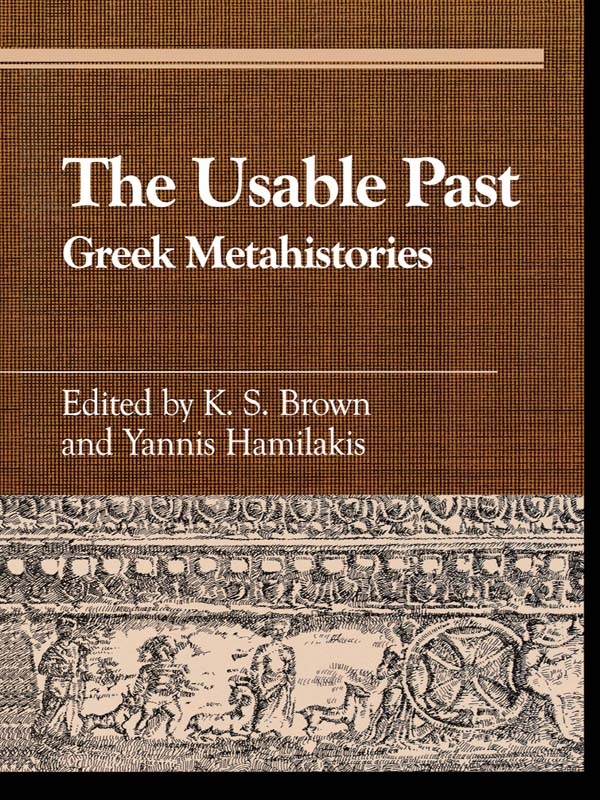Acknowledgments
In September 1998, a conference was held at the University of Wales, Lampeter, under the title Negotiating Boundaries: The Past in the Present in Southeastern Europe. The goal was to bring together scholars of history, archaeology, and anthropology working in many different countries, to discuss how insights and approaches might be shared. This volume is one product of that conference, but it also includes other invited contributions from colleagues who were not present at the time. We are grateful to various people and institutions for assistance and encouragement in organizing the conference and bringing this work to fruition.
For financial support, we are grateful to the University of Wales Collaboration Fund for funding the conference and contributing toward the publication of this book. At the University of Wales, Lampeter, we were consistently aided and encouraged by the vice-chancellor Professor Keith Robbins, and by the Departments of Anthropology and Archaeology. Along with Margaret Kenna from Swansea, Patrick Finney and Mark Pluciennik were instrumental in getting the project off the ground. Colin Eldridge provided key guidance at a critical juncture. The whole process would have been more difficult without the energy and enthusiasm of others in the Lampeter community, including Quentin Drew, Maureen Hunwicks, Lorraine Osborne, Lina Sistani, Shelley Stephenson, Dimitris Theodossopoulos, Karoline Van Oppen, Dee Williams, and Beck Woodrow. Special thanks go to Zoe Crossland for copyediting assistance and, at Southampton, to Joe Flatman for the preparation of the camera-ready copy and the index.
We are especially grateful to a number of colleagues who traveled great distances to share their ideas. As well as the contributors to this volume, we would like to thank Giorgos Angelopoulos, Douglas Bailey, Bernard Knapp, Kostas Kotsakis, Maria Mouliou, Mary Neuburger, Yiannis Papadakis, David Rheubottom, Kylie Seretis, Piero Vereni, Eleana Yalouri, and Marko Zivkovic, all of whom gave papers, and our other participants Rozita Dimova, Richard Eccles, Carole Hodge, Elisabeth Kirtsoglou, Maria Kostoglou, Bea Lewkowicz, Yannis Manos, Dimitrina Mihaylova, Sally Newton, Howard Rees, Firdevs Robinson, and Johannes Siapkas. We would like to thank Jane Cowan and Peter Loizos in particular for their advice and support. The British Academy generously provided additional financial assistance to permit international participation.
Finally, to the authors of this volume who stuck with us and demonstrated patience, we owe considerable gratitude. We are delighted that this book is a part of Rowman & Littlefields series on interdisciplinary approaches to Greek studies, and would like to thank Greg Nagy for his commitment to the project.
Afterword
Loring M. Danforth
In the introduction to A Usable Past: Essays in European Cultural History, William Bouwsma provocatively suggests that history much like water and electricity, is a public utility (1990, 1). The image of the historian as a public servant is somewhat disconcerting. Historians, we might protest, are scholars, not politicians. But historians, anthropologists, and archaeologists are also teachers, and it is in this capacity that theythat wehave the responsibility of serving the public by making the past usable, by providing the public with the necessary historical perspective to understand itself and its values (Bouwsma 1990, 1).
The contributors to this volume are concerned with the way the past is read, constructed, interpreted, and used for a variety of purposes. They are interested in what Steven Kemper has called the conversation the present holds with the past, a conversation that includes several voices in the present arguing about exactly what kind of past actually existed (1991, 7). They offer insights into the processes through which the past is subject to the political demands of the present. In their efforts to understand the use of history in modern Greek culture, the authors in this volume are working at the intersection of much important work in the social sciences: Gellner and Smiths work on the process of nation formation, Andersons on the nation as an imagined community, Hobsbawm and Rangers on the invention of tradition, Todorova and Fabians on the construction of objects of scholarly study, and Whites on history as narrative.
In this afterword I will focus on what is, in my opinion, one of the most critical issues raised by this volume: the intellectual and moral responsibilities of scholars who confront nationalism in general, and the nationalist appropriation of the historical past more specifically. I will also offer several ethnographic examples to illustrate this confrontation from my own work on the Macedonian conflict and the experiences of refugees from the Greek Civil War.
Drawing on Homi Bhabhas (1990) work on narrating. the nation, I suggest that nationalist narratives of the pastwhether Greek, Macedonian, or Americanoften have very similar plots. Nationalist histories have a tendency to simplify, generalize, essentialize, idealize, and romanticize the events they narrate. They present nations as pure, homogeneous, natural, and eternal entities. When confronting nationalist historiography of this sort, scholars have an obligation to present counternarratives that challenge the dominant nationalist narratives so often promoted by the state. They must, in other words, speak truth to power. And this is precisely what many of the contributors to this volume have attempted to do. Other contributors have focused on the equally important task of understanding the many forms of power which are located not in the nation-state but in other geopolitical orders.
As Patrick Finney suggests in the aptly chosen epigraph to his chapter, the contributors to this volume are engaged in a war against simplification. Their counternarratives stress complexity, individuality, diversity, contingency, ambiguity, and contradiction. They deconstruct and thus undermine nationalist myths by portraying nations as constructed, imagined, or invented. In this way they present historical accounts that are more accurate and more objective than their nationalist counterparts. Scholarly work on the Macedonian Question, for example, can demonstrate that a Macedonian minority does exist in northern Greece and that Alexander the Great was not a Slav, in this way refuting both Greek and the Macedonian nationalist myths.
By claiming that scholarly accounts of the past are more accurate than their nationalist counterparts, I realize that I am opening myself up to the charge of adopting a patronizing or condescending stance toward nationalist historiography by claiming a validity for my own accounts that I deny the accounts of others. While insisting that scholars have an obligation to refute nationalist myths, whatever their source, I recognize that it is incumbent on scholars to avoid doing so in a patronizing or condescending manner. Greek nationalist myths, like the conspiracy theories so perceptively analyzed by David Sutton, must not be dismissed as the manifestation of some primitive Balkan mentality or as the pathological symptoms of hysteria or paranoia. They must be understood as part of an attempt to construct a coherent interpretation of recent political events in the Balkans. It is essential for scholars to problematize the politics of their own speaking positions (Finney, chapter 5), to recognize the blind spots (Basta, in chapter 8) that exist in their own field of vision. When confronted with claims that the Holocaust never occurred, the first responsibility scholars have is to refute them; the second is to attempt to understand both themselves and those who deny the Holocaust as positioned subjects operating unavoidably in a politicized world.

